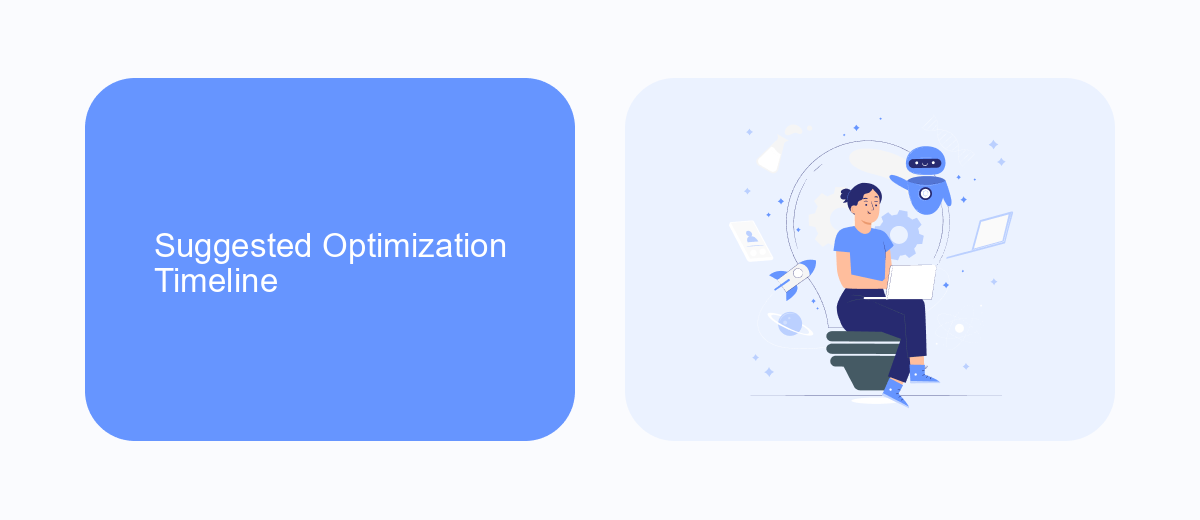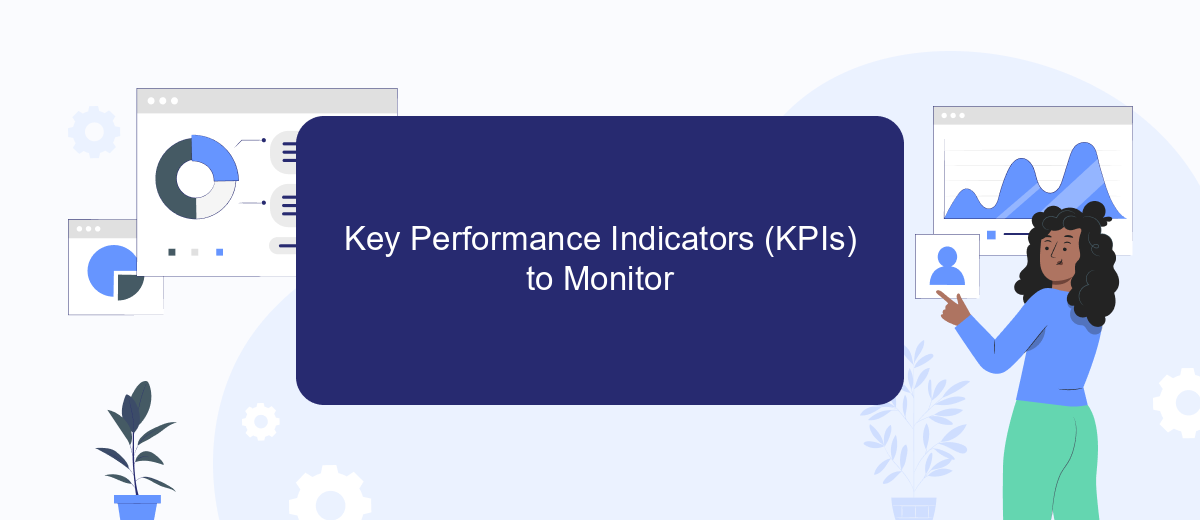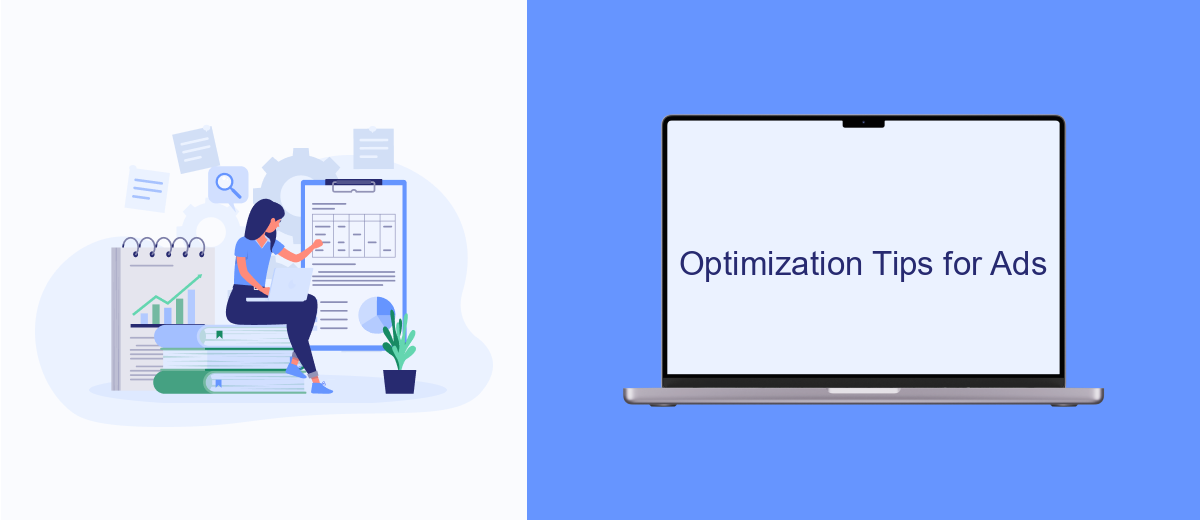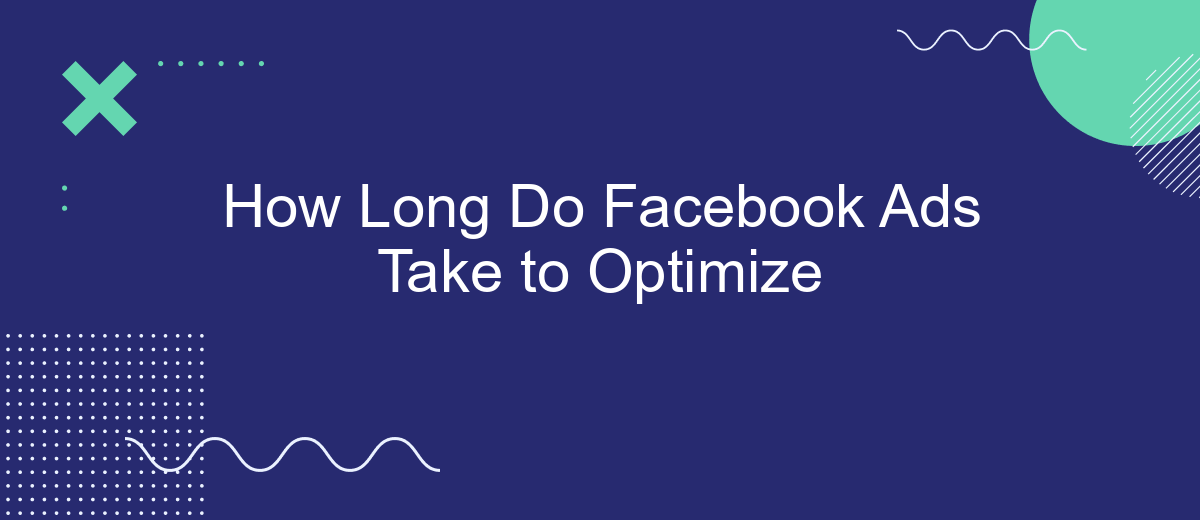Understanding how long it takes for Facebook ads to optimize is crucial for any marketer looking to maximize their advertising budget. This article delves into the factors influencing the optimization period, offering insights on what to expect and how to accelerate the process. By grasping these essentials, you can ensure your campaigns perform at their best, delivering optimal results efficiently.
Factors Impacting Optimization
Several factors can impact the optimization of your Facebook ads, influencing how quickly and effectively they reach peak performance. Understanding these elements can help you fine-tune your campaigns for better results.
- Audience Size: A larger audience provides more data points for the algorithm to work with, speeding up the optimization process.
- Ad Relevance: Ads that are highly relevant to the target audience tend to perform better, aiding faster optimization.
- Budget: Higher budgets allow for more rapid data collection, which can accelerate the optimization timeline.
- Ad Frequency: The number of times your ad is shown to the same user can impact its effectiveness and optimization speed.
- Creative Quality: High-quality visuals and compelling copy can engage users more effectively, helping your ads optimize faster.
By paying attention to these factors, you can significantly influence the optimization process of your Facebook ads. Regular monitoring and adjustments based on these elements will ensure that your campaigns achieve the desired results more efficiently.
Suggested Optimization Timeline

When launching a Facebook ad campaign, it's crucial to understand that optimization is an ongoing process. Initially, you should allow at least 7 days for Facebook's algorithm to gather sufficient data and start optimizing your ads. During this period, refrain from making significant changes to your campaign settings, as this could reset the learning phase and delay optimization. Monitor key performance metrics such as CTR, CPC, and conversion rates to gauge the effectiveness of your ads.
After the initial week, begin making incremental adjustments based on the data collected. Focus on refining your target audience, ad creatives, and bidding strategies. Utilize tools like SaveMyLeads to streamline the integration of your ad campaigns with CRM systems, ensuring seamless lead management. Continue to monitor performance and make data-driven decisions to enhance your campaign's efficiency. Regularly review and adjust your ads every 2-3 weeks to maintain optimal performance and adapt to any changes in market conditions or audience behavior.
Key Performance Indicators (KPIs) to Monitor

Monitoring the right Key Performance Indicators (KPIs) is crucial for assessing the effectiveness of your Facebook Ads and making data-driven adjustments. By focusing on specific metrics, you can gain insights into how well your ads are performing and identify areas for improvement.
- Click-Through Rate (CTR): This metric shows the percentage of people who clicked on your ad after seeing it. A higher CTR indicates that your ad is engaging and relevant to your audience.
- Conversion Rate: This measures the percentage of users who completed a desired action, such as making a purchase or signing up for a newsletter, after clicking on your ad.
- Cost Per Conversion: This KPI helps you understand how much you are spending to acquire a customer or lead. Lowering this cost can improve your return on investment (ROI).
- Ad Frequency: This metric indicates how often your ad is shown to the same user. High frequency can lead to ad fatigue, potentially decreasing its effectiveness.
- Return on Ad Spend (ROAS): This measures the revenue generated for every dollar spent on advertising. A higher ROAS signifies a more successful ad campaign.
Regularly tracking these KPIs will provide you with a comprehensive view of your ad performance and help you make informed decisions to optimize your campaigns. By continuously analyzing and adjusting based on these metrics, you can achieve better results and maximize your advertising budget.
Optimization Tips for Ads

Optimizing Facebook ads is crucial for achieving the best performance and return on investment. To start, ensure that your ad creative is engaging and relevant to your target audience. High-quality images or videos, compelling copy, and a clear call-to-action can significantly impact your ad's effectiveness.
Next, it's essential to monitor and adjust your ads regularly. Facebook's algorithm needs time to learn and optimize, but that doesn't mean you should set it and forget it. Regularly reviewing your ad performance can help you identify what's working and what needs improvement.
- Use A/B testing to compare different versions of your ads.
- Leverage Facebook's Audience Insights to better understand your target market.
- Adjust your budget based on performance metrics.
- Experiment with different ad placements and formats.
Finally, patience is key. Optimization is an ongoing process that requires time and consistent effort. By following these tips and continuously refining your strategy, you'll be better positioned to achieve your advertising goals on Facebook.
Tools for Automating Optimization
Automating the optimization of your Facebook Ads can save you a significant amount of time and ensure that your campaigns are always performing at their best. There are several tools available that can help streamline this process. For instance, Facebook's own Ads Manager offers automated rules that can adjust your bids, budgets, and more based on the criteria you set. This allows you to maintain control while leveraging automation to handle the repetitive tasks.
Another useful tool is SaveMyLeads, which facilitates the integration of Facebook Ads with various CRM systems and other applications. By automating the transfer of leads and data between platforms, SaveMyLeads ensures that your marketing funnel remains efficient and effective. This not only helps in optimizing your ad performance but also in maintaining a seamless workflow between your advertising and sales processes. Utilizing these tools can significantly enhance your ad optimization efforts, allowing you to focus on strategy and creative development.
FAQ
How long does it take for Facebook ads to optimize?
What factors influence the optimization period of Facebook ads?
Can I speed up the Facebook ad optimization process?
How do I know when my Facebook ads are fully optimized?
Are there tools to help with Facebook ad optimization?
What do you do with the data you get from Facebook lead forms? Do you send them to the manager, add them to mailing services, transfer them to the CRM system, use them to implement feedback? Automate all of these processes with the SaveMyLeads online connector. Create integrations so that new Facebook leads are automatically transferred to instant messengers, mailing services, task managers and other tools. Save yourself and your company's employees from routine work.
